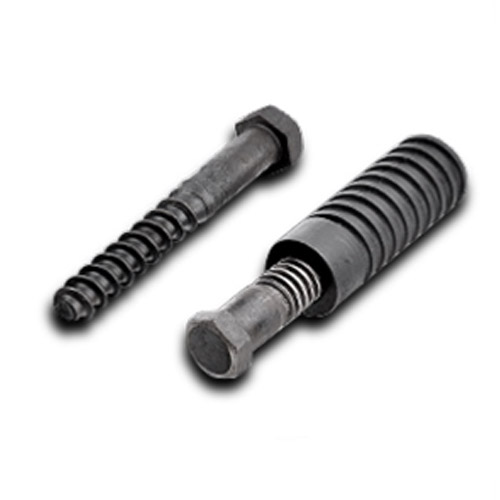

Stud Nut - High-Quality Fasteners for Industrial Applications
Sep . 11, 2024 18:47 Back to list
Stud Nut - High-Quality Fasteners for Industrial Applications
The Rise of Stud Nuts A Deep Dive into the Beginning of an Automotive Marvel
In the ever-evolving world of automotive engineering, innovation is key to maintaining a competitive edge. One such innovation that has gained both popularity and importance is the stud nut. Though often overlooked in discussions surrounding car performance and safety, stud nuts play a crucial role in various applications. This article delves into their history, function, and growing significance in the automotive industry.
Stud nuts are a specific type of fastener used in conjunction with a stud, which is a threaded rod that is anchored into a component. The stud nut is then threaded onto the exposed end of the stud, creating a secure connection. This system is particularly favored in situations where a permanent or semi-permanent connection is required and allows for easy disassembly and reassembly.
The origins of stud nuts can be traced back to early industrial applications, where the need for durable and reliable fastening solutions was paramount. Over time, as automotive technology advanced, the demand for enhanced structural integrity and performance in vehicles led to the proliferation of stud nut applications. From engine mounts to suspension components, stud nuts provide an essential link between parts that can endure significant stress and vibrations.
stud nut

One of the key advantages of stud nuts is their ability to distribute load evenly across the materials they join
. This characteristic is vital in automotive applications, where uneven stress can lead to component fatigue and failure. By utilizing stud nuts, engineers can optimize the performance and lifespan of critical parts, thereby enhancing overall vehicle reliability and safety.Moreover, stud nuts offer the versatility needed in modern automotive design. They come in various sizes, materials, and coatings, allowing for customization based on specific engineering requirements. For instance, high-strength steel stud nuts are often employed in heavy-duty applications, whereas lighter materials may be used in performance-oriented vehicles to reduce weight without sacrificing strength.
The growing trend of electrification in the automotive sector has also influenced the development of stud nuts. With the rise of electric vehicles (EVs), manufacturers are seeking innovative fastening solutions that can withstand the unique demands of battery and powertrain systems. As EV technology continues to evolve, stud nuts will likely play an integral role in the structural integrity and thermal management of these vehicles.
In conclusion, stud nuts may not always be in the spotlight, but their contribution to the automotive industry is undeniable. As vehicles become more complex and performance-oriented, the importance of reliable fastening solutions like stud nuts will only increase. Their unique properties ensure that they remain a vital component in the quest for safer, lighter, and more efficient vehicles. As automotive innovation continues to pave the way for the future, stud nuts stand as a testament to the significance of seemingly small components in achieving monumental advancements.
Latest news
-
Best Self Tapping Screws for Drywall - Fast & Secure Installation
NewsJul.31,2025
-
High-Strength Hot Dip Galvanized Bolts-Hebei Longze|Corrosion Resistance&Customization
NewsJul.31,2025
-
Hot Dip Galvanized Bolts-Hebei Longze Metal Products|Corrosion Resistance&High Strength
NewsJul.31,2025
-
Hot Dip Galvanized Bolts-About LongZe|High Strength, Corrosion Resistance
NewsJul.30,2025
-
High-Strength Hot Dip Galvanized Bolts - Hebei Longze | Corrosion Resistance, Customization
NewsJul.30,2025
-
Hot Dip Galvanized Bolts-Hebei Longze|Corrosion Resistance&High Strength
NewsJul.30,2025

